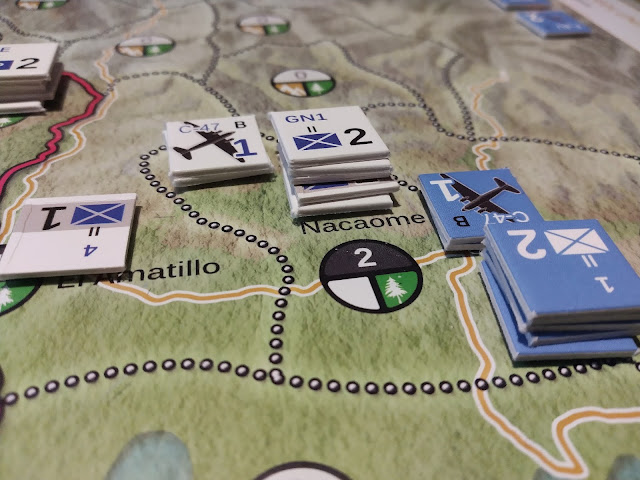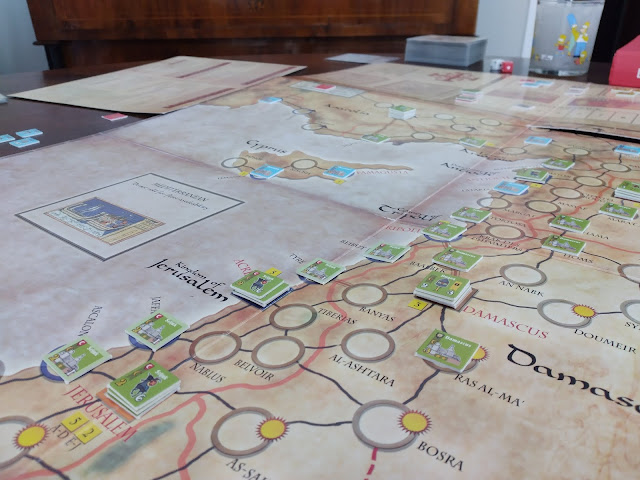Hellenes. The Archidamian War. Part 2 (of 2)
Athenian: Alex Isabelle
Spartan: Laura Beltrami
The Archidamian War, first of the Peloponnesian wars, ends in 422 BC, after another 6 years of conflicts. This second part of the war opened with a long-prepared maneuver: Athens decided to raise taxes on the tributaries. The reaction was not long in coming: after a few seasons Cnidus, Eritre, Sesto and Cyzicus, that is all the tributary cities that during the previous three years had not been occupied by the Athenian navy, rebelled en masse, proudly proclaiming their allegiance to the cause of the Spartan rebels.
Their money, however, served some purpose: Athens strengthened the army, and then sent it to occupy Thebes, which after a particularly harsh winter saw the fall of most of the troops defending it. The following spring, traitors threw open the doors of the Theban walls to the Athenian militia, a fact which did not translate into real strategic contributions, but which certainly constituted a moral support to the cause of the besiegers. After one last assault, Thebes fell.
The Spartans, finding themselves short of ideas on how to manage the issue of the hinterland, dedicated themselves to the naval conquest of the cities loyal to Athens. Here Rhodes fell after a courageous defense, and immediately after Epidamnio fell too, with a defense, however, laughable. Of these cities, the Athenian never regained control, and it is not known how he should have done since all his troops were scattered to keep the tributary cities under control, and since all of remaining ground troops were concentrated in the region of Attica. A minor group of Athenian navigators attempted to retrieve Naxos, but a series of mind-blowing rolls by the Spartan completely demolished this line of attack. The attempt to offer the Athenians a peace, an option that if accepted would have made the Spartans pass as heroes in the eyes of history, which was supported by many voices of Hellenic thinkers who demanded an end to this bloodshed, went into smoke briefly.
On the other hand, the besiegers of Thebes soon moved to Corinth, subjecting it too to a dramatic winter siege. There were so many starvation deaths that in the spring, when people cannibalized each other to make a living, Pericles saw his prestige collapse due to the atrocities he carried out in the winter. The fact is that war is war, and in the end, after a little more waiting and a final frontal assault, Corinth fell as well.
In fact, this is what ended the war in the eyes of the Spartans. Politically, the war was almost at a standstill, but militarily the Athenian forces, supported by a charismatic leader and by the many taxes squeezed by the tributary cities along the coast of Asia Minor, would have easily taken control of many cities of the Southern Greece, if not Sparta, by the end of the year. The Spartans attempted a final assault on Athens at the turn of winter. The assault left an infinite number of casualties on both sides, but the tactical advantages offered by the Athenian walls was decisive. In the first cold weather, the Spartans abandoned their spear and shield, leaving the rebellion behind, and accepting defeat.
Do you want to read other stories? Click here for the full list.










Comments
Post a Comment